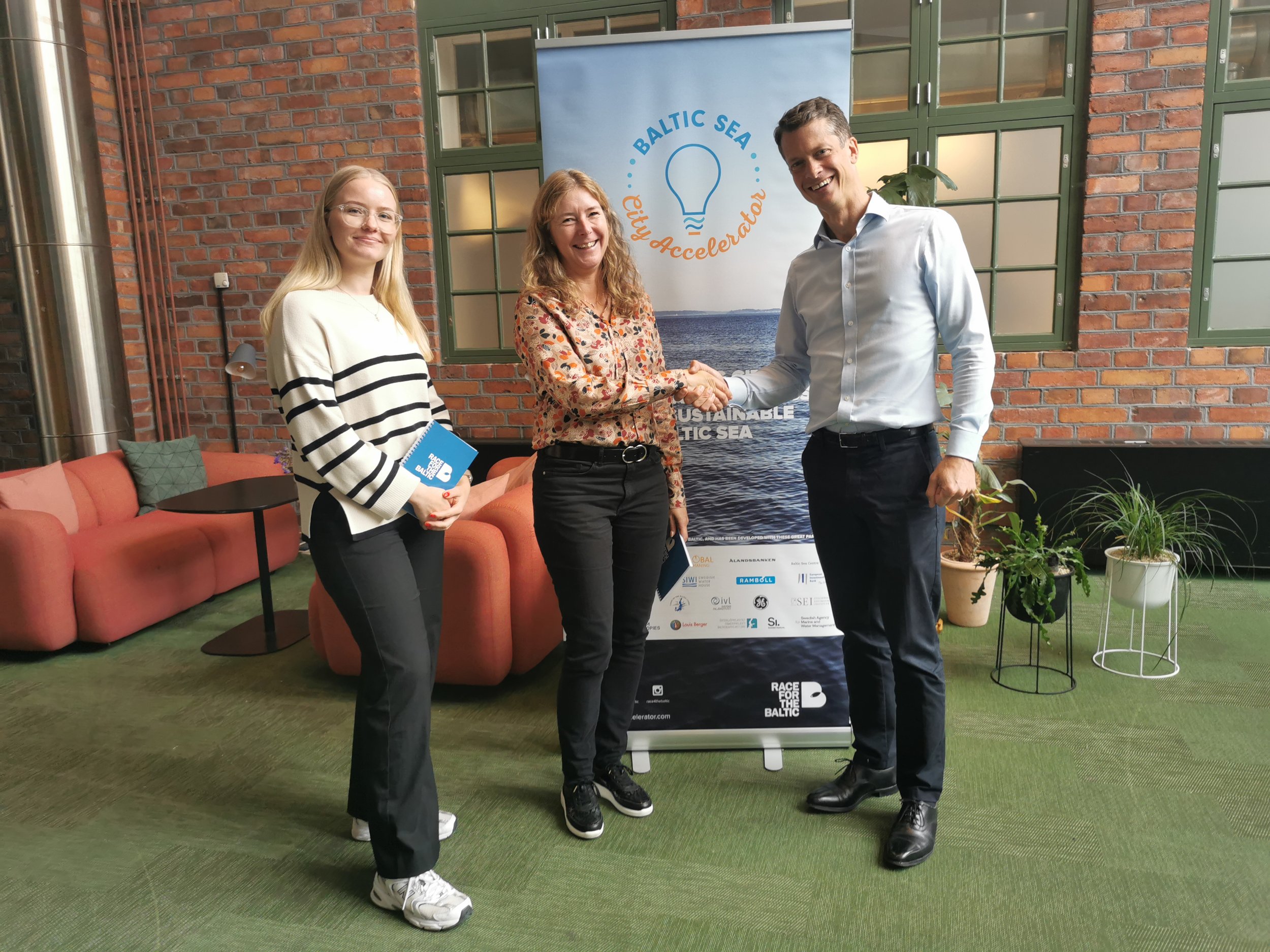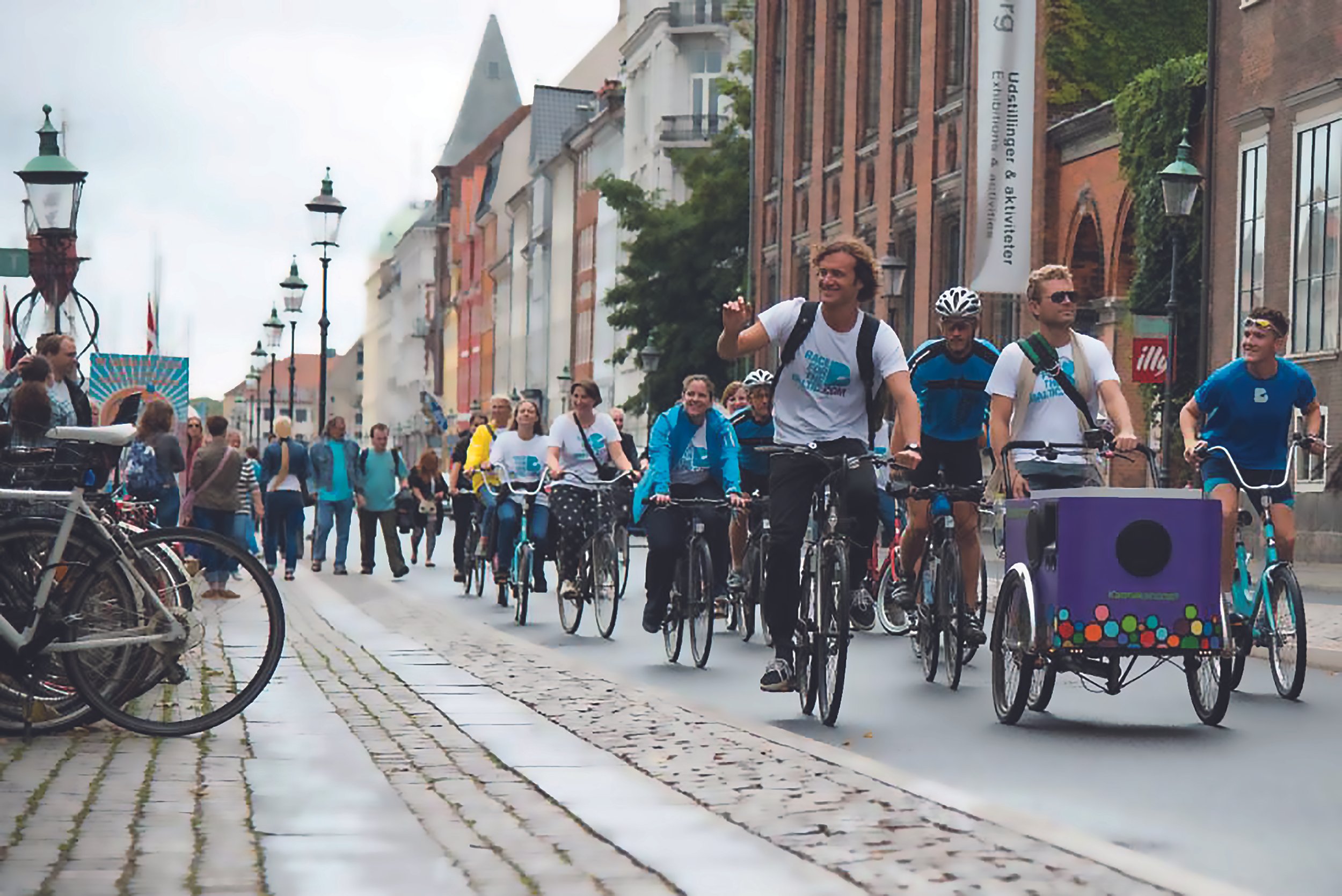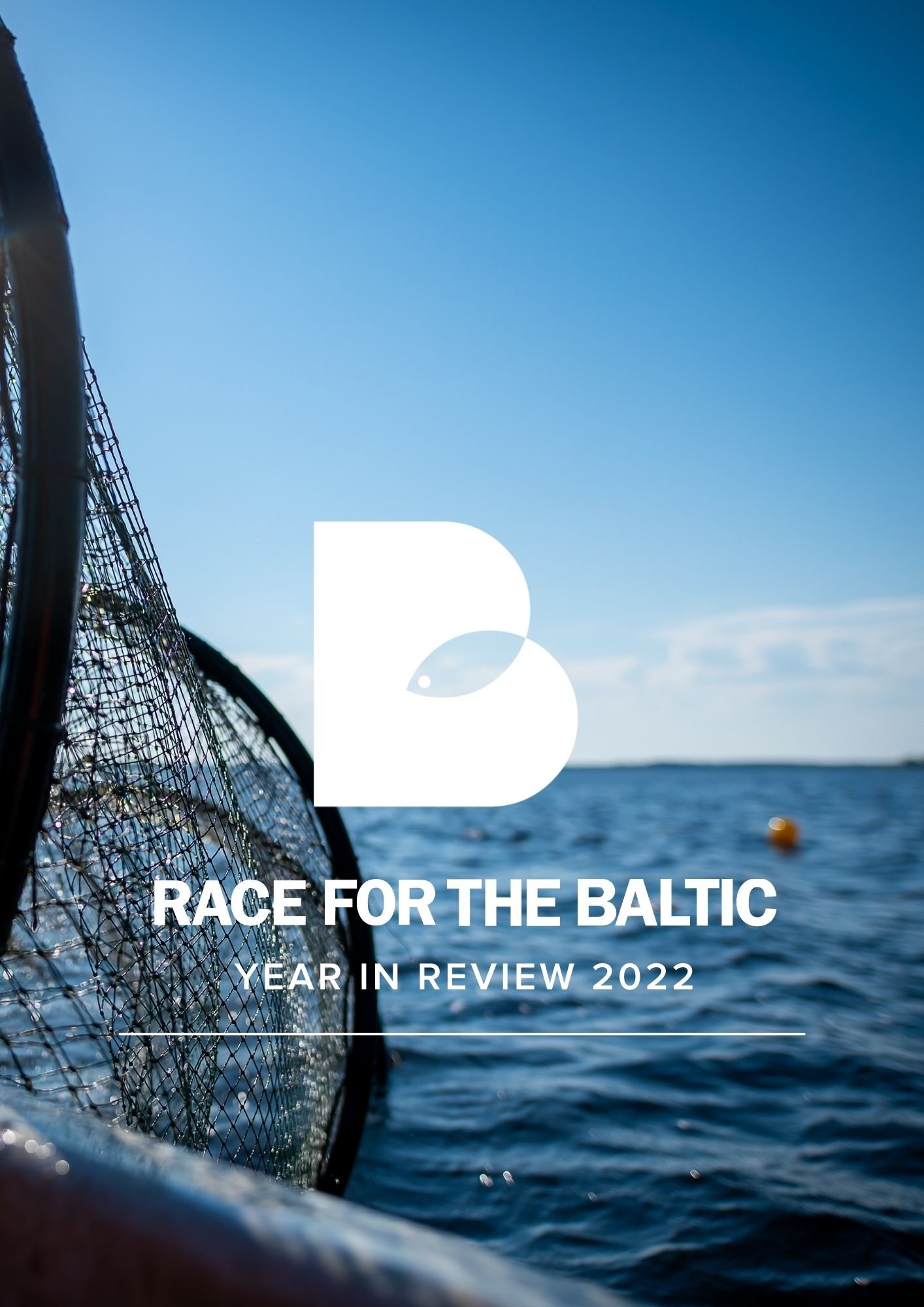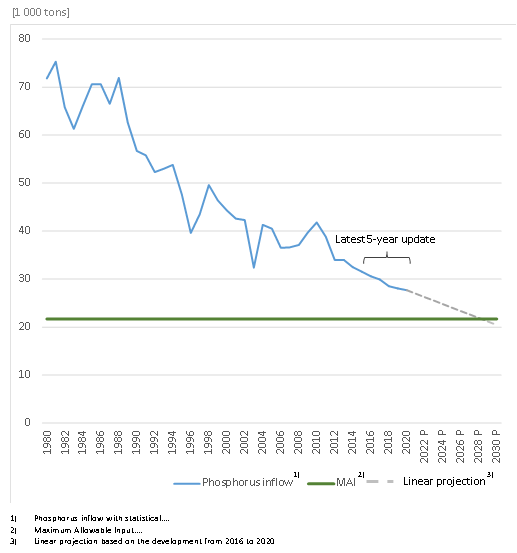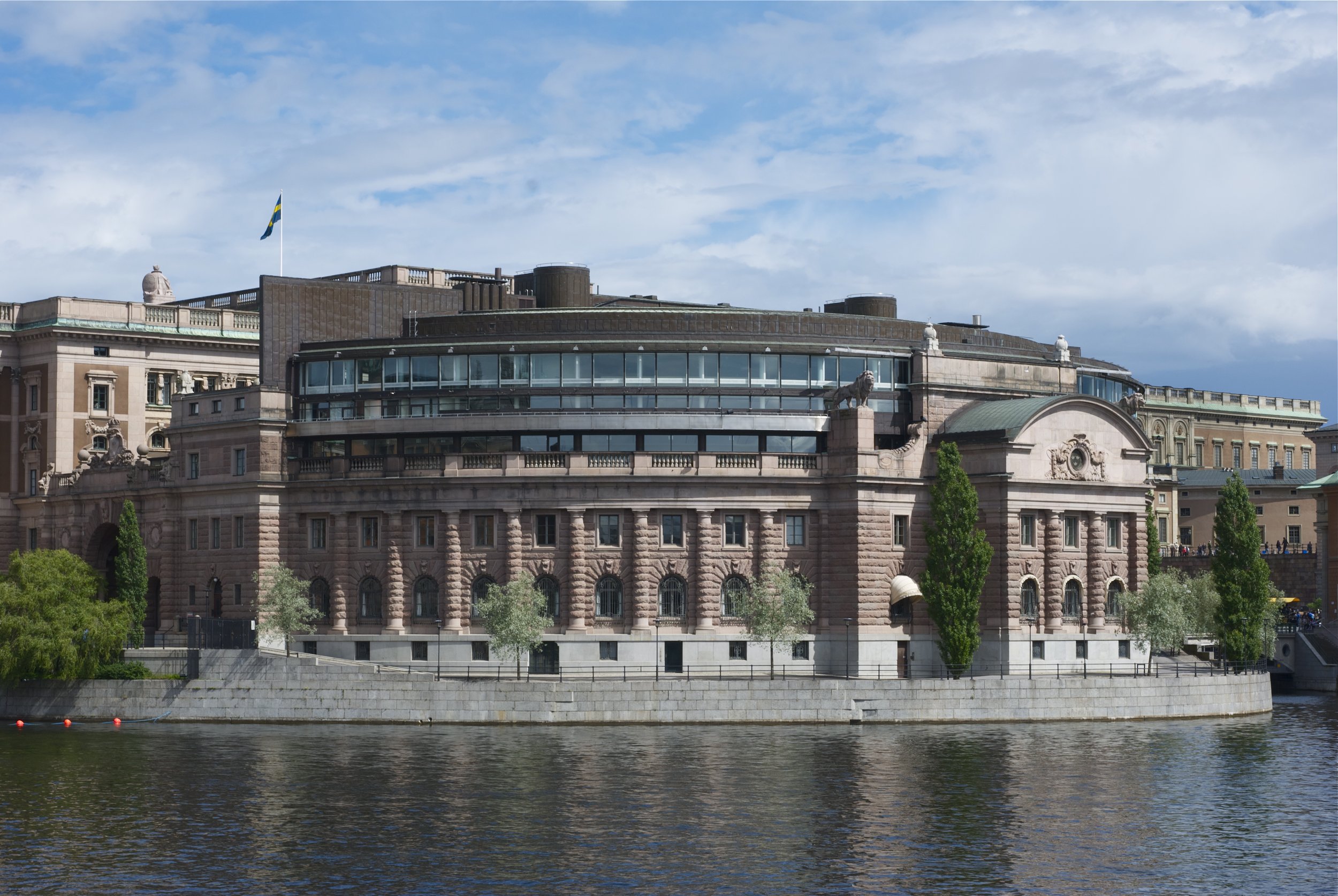Evaluation of measures in agricultural sector – new report from Vattenmyndigheterna
What measures are being taken in the agricultural sector, compared to potential and need? This is analysed in a new report from Vattenmyndighterna/The water authorities, released 8th of October. Agriculture plays an important role in solving the eutrophication problem and there are mainly two large support systems for farmers: LOVA and Strategical plan (EU). This evaluation focus on subsidized measures. It shows that the rate of action needs to increase significantly, especially for phosphorus, and the accuracy of the supported measures needs to be significantly better.
Baltic Herring Fishing Under Legal Scrutiny: NGOs Take the Fight to EU Court
The Baltic Sea's herring stocks have been in a critical state for years, and now Coalition Clean Baltic (CCB) – a network of environmental NGOs - has taken the battle to the highest legal level in Europe. CCB has indeed appealed to the European Court of Justice, demanding that the EU Council´s decision on EU fishing quotas for 2024 for the Baltic herring be declared invalid due to the severe collapse of its population.
Baltic Sea Day Internationally and in Sweden
It's encouraging to witness the continued growth and impact of Baltic Sea Day, which is gaining more recognition each year. On the international level, this year's celebration spanned 8 countries and 40 cities, with 200 partners contributing to the creation of 225 news stories - with a potential reach of 20 million people!
Intervju med Desirée Jaks - Årets Kock med ett hjärta för Östersjön
Vi på Race For The Baltic är entusiastiska över att dela med oss av en exklusiv intervju med Desirée Jaks, årets vinnare av den prestigefyllda titeln Årets Kock. Då vi arbetar med att påskynda lösningar för att säkerställa ett friskt Östersjön för framtida generationer, är det med stor glädje vi lyfter fram Desirées tankar och idéer. Hon talar om allt från sin passion för närproducerade och säsongsmässiga ingredienser till sin personliga relation till Östersjön. Låt oss utforska hennes inspirerande synsätt och hennes vision för en mer hållbar gastronomi och en friskare Östersjö.
Year in Review for 2023 now online
2023 was a year when we had the opportunity to reap the rewards of long-term efforts. In total, we succeeded in implementing measures estimated to prevent 48 tonnes of phosphorus from reaching the Baltic Sea each year. This is three times more than what we achieved in 2022, which was a record year in itself.
Race For The Baltic names Katrineholm Municipality as operating partner for Baltic Sea City Accelerator Club
Race For The Baltic is pleased to announce that Katrineholm Municipality will be expanding its engagement in the Baltic Sea City Accelerator Club and assuming project management responsibilities for the Club, starting now and continuing in 2024 and 2025.
Race For The Baltic turns 10 years – How it all started
This year is a special year for us because it marks the 10th anniversary of our foundation. It all began with a cycling tour through all 9 countries around the Baltic Sea, and 25,000+ collected signatures calling on Environmental Ministers to fulfil the goals agreed upon in the HELCOM Baltic Sea Action Plan. Join us on a trip down memory lane as we celebrate a decade of Race For The Baltic's history.
UN reaches historic agreement to protect the world’s oceans
On the 4th of March 2023, the countries of the world finally reached an agreement to protect the environment in the world's oceans. The agreement creates global rules to limit environmental impact and create marine protected areas in the high seas, which make up 95 percent of the world's ocean volume. The new High Seas Treaty will be critical to protecting 30% of land and sea by 2030, which was decided during last year's UN Biodiversity Conference, COP15.
New EU rules on treating urban wastewater as part of a zero-pollution legislative package
The Urban Wastewater Treatment Directive (UWWTD) was adopted over 30 years ago in 1991. While it has significantly reduced the adverse effects of wastewater discharges from urban sources, a revision was necessary to address shortcomings and new challenges such as the presence of many more pollutants in urban wastewater than are covered in existing legislation.
Year in Review for 2022 now online
In 2022, our projects made a significant impact with a reduction of 16 tons of phosphorus in the Baltic Sea, equivalent to 16,000 tons less algae! We also strengthened our relationships with Polish ports and identified new terminals with a potential leakage of 60 tons of phosphorus. We're excited to share our key results from 2022 and look forward to new projects, existing projects in exciting phases, and new initiatives in 2023.
Promising trend towards our vision
Annual nutrient inputs into the Baltic Sea still need to come down below the maximum allowable inputs (MAI). Should we reach (and stay) below the MAI level for phosphorus, which is 21 716 tons annually, the sea can begin to recover on its own for the benefit of future generations. The latest consolidated update by HELCOM shows the continuation of a positive trend. And should the trend of the last five years continue, the MAI for phosphorus should be reached by 2029, one year ahead of our target.
The Water Framework Directive's action program is being reviewed
The implementation of the EU Water Framework Directive is Sweden's largest water management project ever. The measures land with great emphasis on the countryside with measures such as individual sewers and plant cultivation. The overall goal according to the Water Framework Directive is that all water bodies must have good water status in 2021, or by 2027 at the latest, and that water quality must not deteriorate. Good water status refers to the ecological and chemical status of surface water and the chemical and quantitative status of groundwater.






